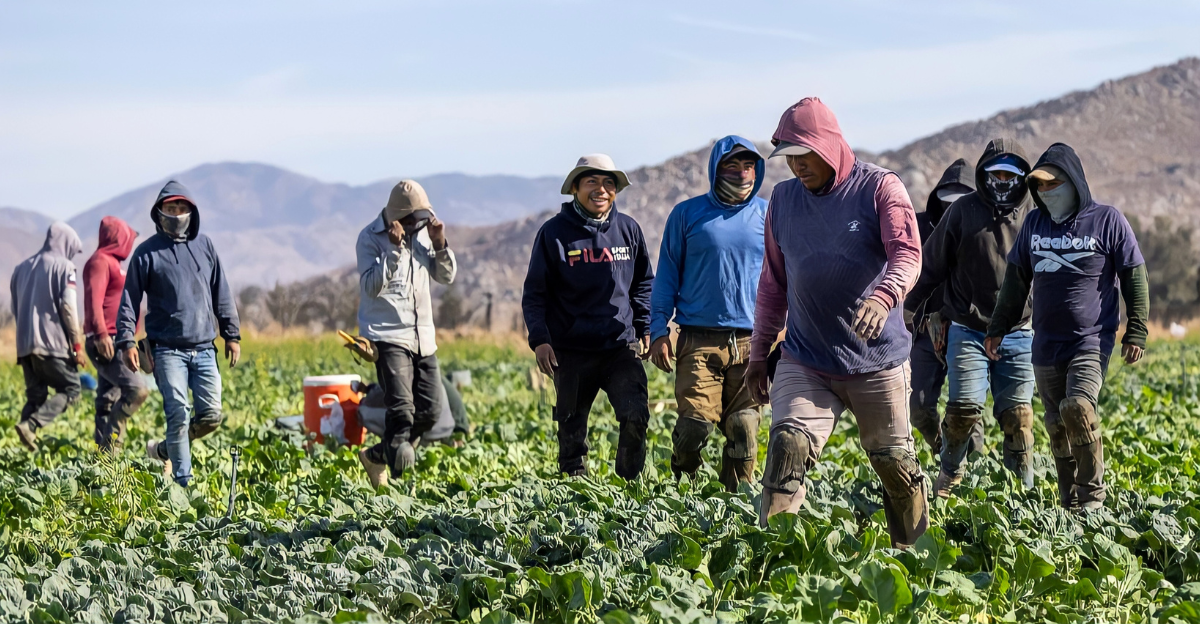
A seismic shift is underway in America’s agricultural sector as the Trump administration doubles down on mass deportations of undocumented farmworkers.
U.S. Agriculture Secretary Brooke Rollins issued a statement saying there will be “no amnesty” for these workers, despite warnings from farm groups and supply chain experts that such action could destabilize the nation’s food supply and increase prices.
The administration is demanding a 100% American workforce, even as industry leaders and policy experts question the feasibility of such a transition.
No Amnesty: The Administration’s Stance
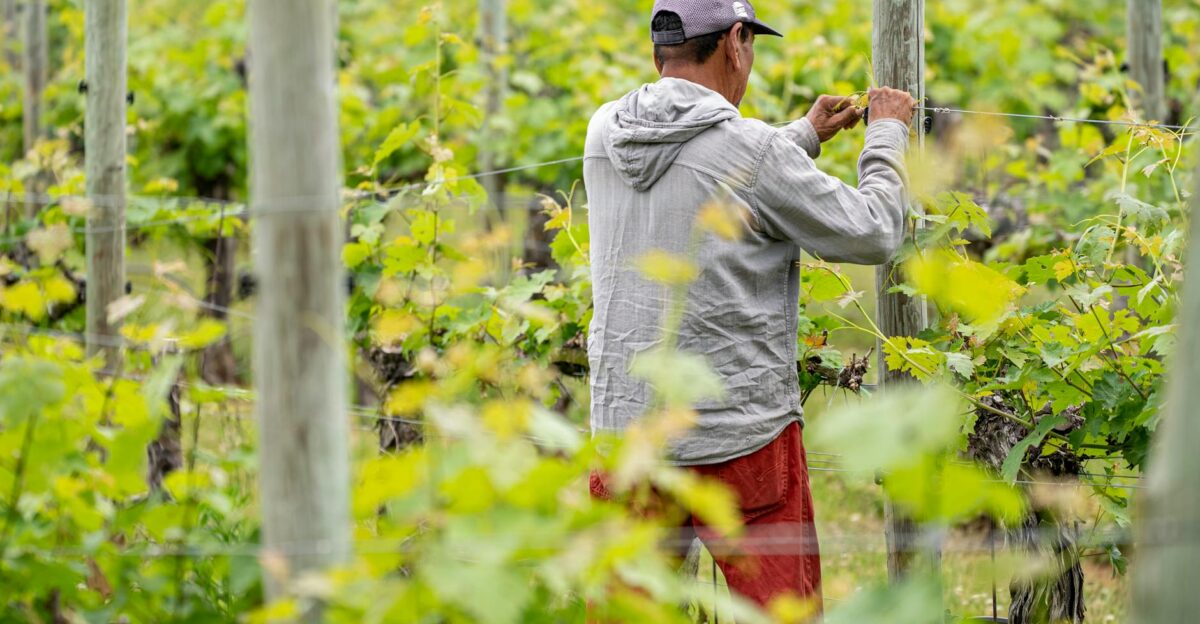
U.S. Agriculture Secretary Brooke Rollins announced there will be “no amnesty” for agricultural workers in the country illegally, reinforcing President Trump’s immigration agenda.
According to ABC News, Rollins stated, “There are 34 million able-bodied adults in our Medicaid program. There are plenty of workers in America.”
The administration’s position is that American citizens, particularly those on government aid, could fill the labor gap left by deported immigrants.
Industry Warnings and Expert Concerns
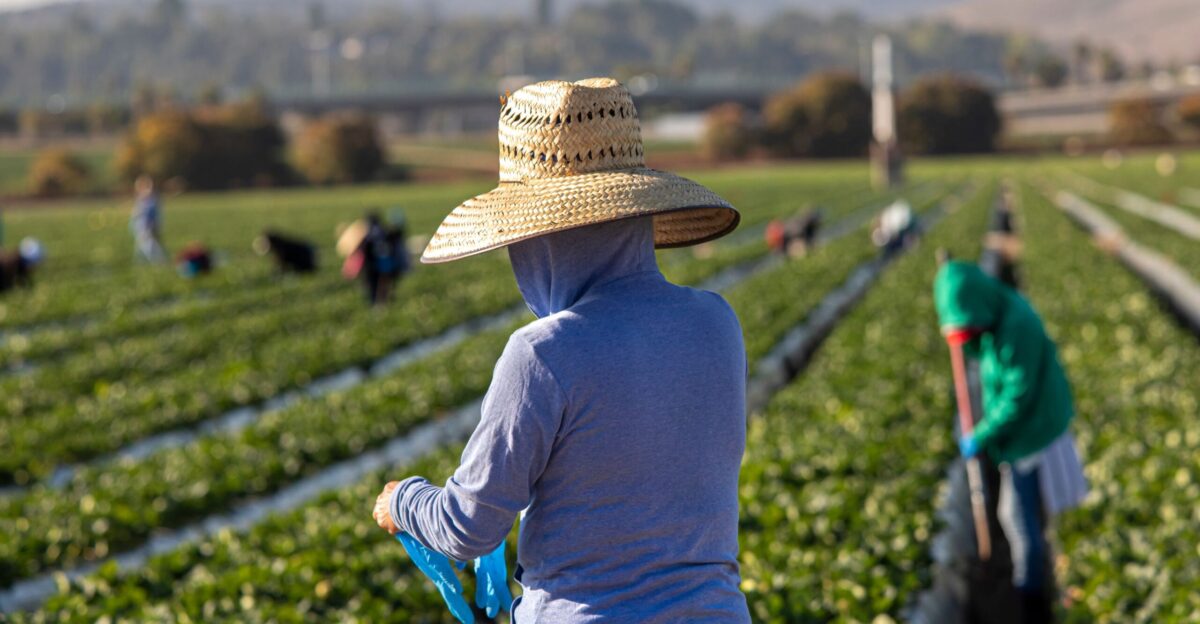
Agriculture groups and supply chain experts have warned that deporting undocumented farmworkers could be devastating to American farms.
According to Reason magazine, the Peterson Institute for International Economics found that agriculture could face the worst inflation of any sector if mass deportations proceed, with up to 16% of the workforce at risk.
Barbara Guignard, a principal at Efficio, noted, “Trump’s plans to crack down on illegal immigration strongly remind me of what happened with Brexit. When the U.K. chose to restrict access to immigrant labor, it created a major crisis in the agricultural sector.”
Medicaid Recipients as Replacement Labor

Rollins suggested that able-bodied Medicaid recipients could replace immigrant workers on farms. However, most adults on Medicaid are already working or cannot work because of illness, disability, caregiving, or school attendance, according to health policy experts. Critics argue that this pool is unlikely to meet the demanding labor needs of the agricultural sector.
Automation and Workforce Reform
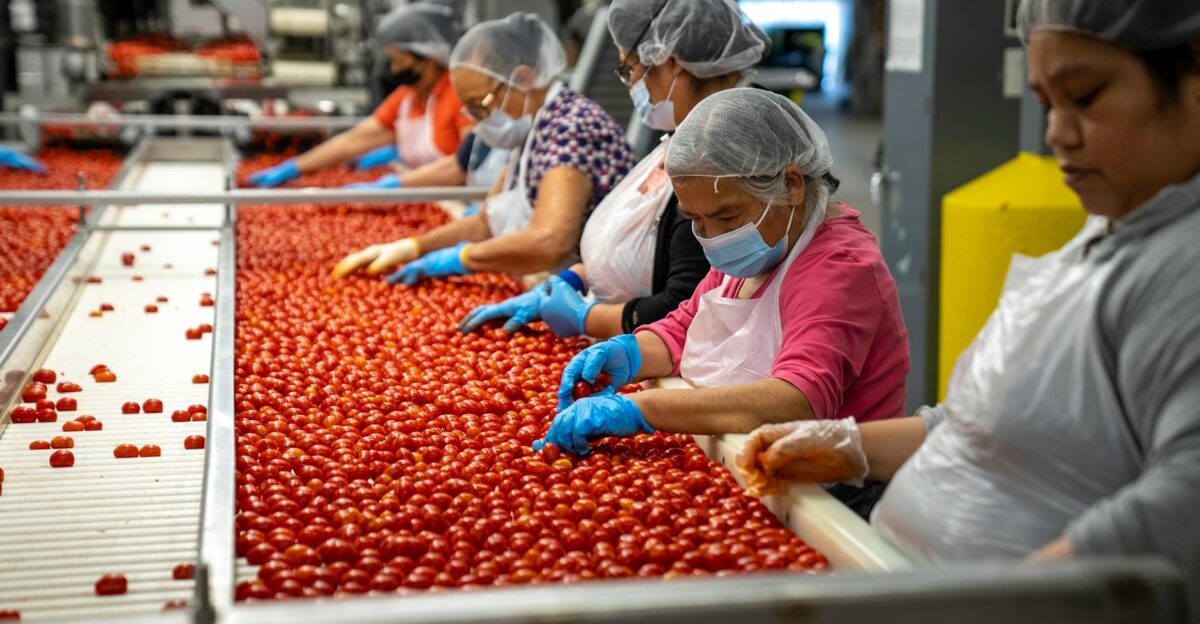
The administration proposes automation and reforms to the current employment structure as long-term solutions. Rollins stressed the need for “strategic and intentional” deportations to avoid compromising the food supply, but experts say automation cannot quickly replace the skilled labor currently provided by immigrant workers.
Policy Reversals and Uncertainty
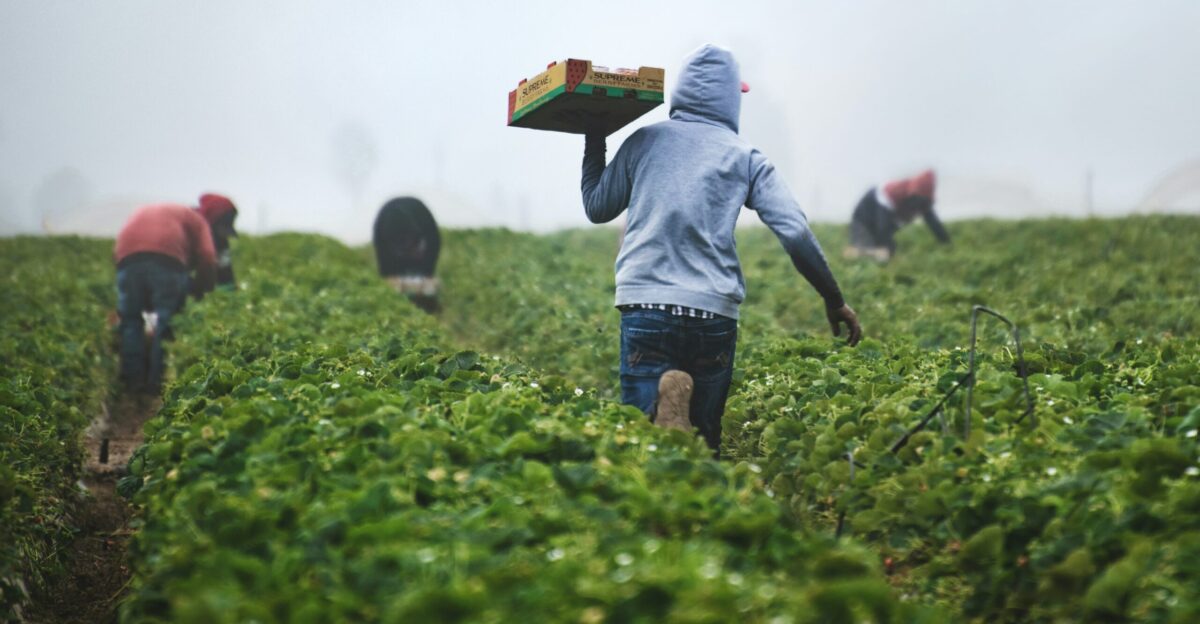
Earlier signals from the administration suggested a possible pause on farm worksite raids, but this approach was reversed, intensifying uncertainty for farmers and workers alike.
Industry leaders remain skeptical about the government’s ability to maintain food production levels without migrant labor.
Medicaid Work Requirements

A new tax-cut and spending bill introduces work requirements for Medicaid, which the Congressional Budget Office estimates could leave nearly 12 million people uninsured.
The policy aims to push more Americans into the workforce, but critics warn it could exacerbate poverty and health disparities.
Labor Department Initiatives
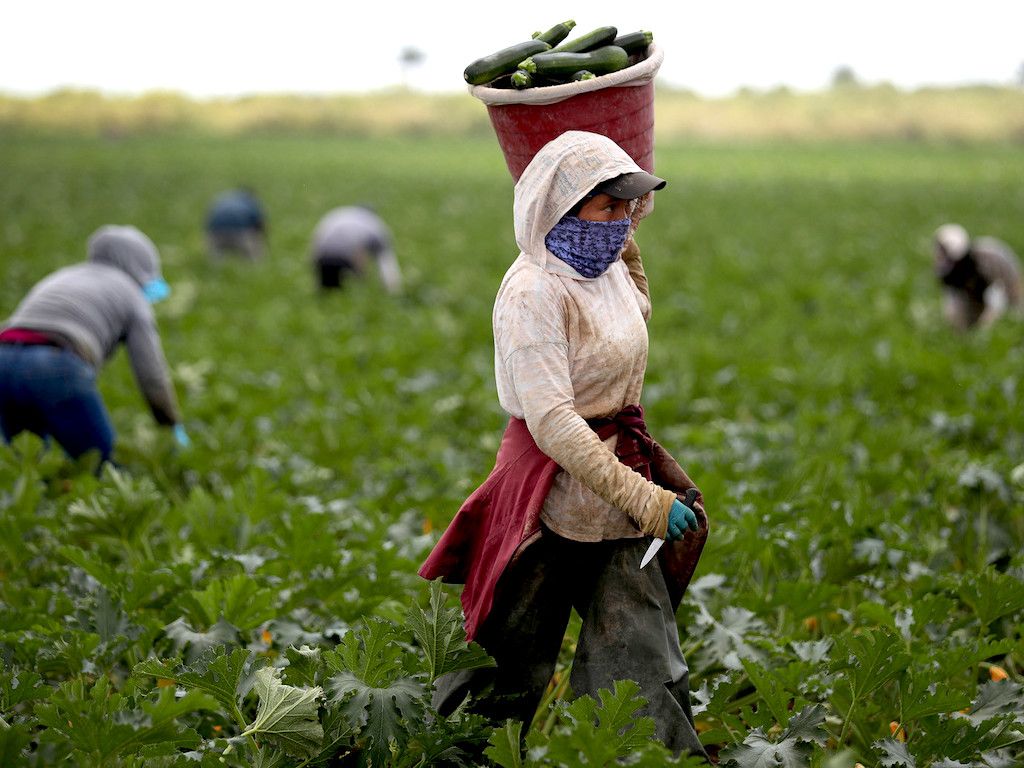
Secretary of Labor Lori Chavez-DeRemer announced the creation of a new office to assist farmers and ranchers, focusing on streamlining the H-2A seasonal visa program.
While the details remain sparse, the move is seen as an attempt to address labor shortages caused by stricter immigration enforcement.
Farmland Purchase Restrictions

Rollins also announced plans to curb farmland purchases by “foreign adversaries,” including China. In 2023, Arkansas ordered Syngenta, a Chinese-owned company, to sell 160 acres of farmland under a new state law. These measures reflect growing bipartisan support for limiting foreign ownership of U.S. agricultural land.
The Role of CFIUS
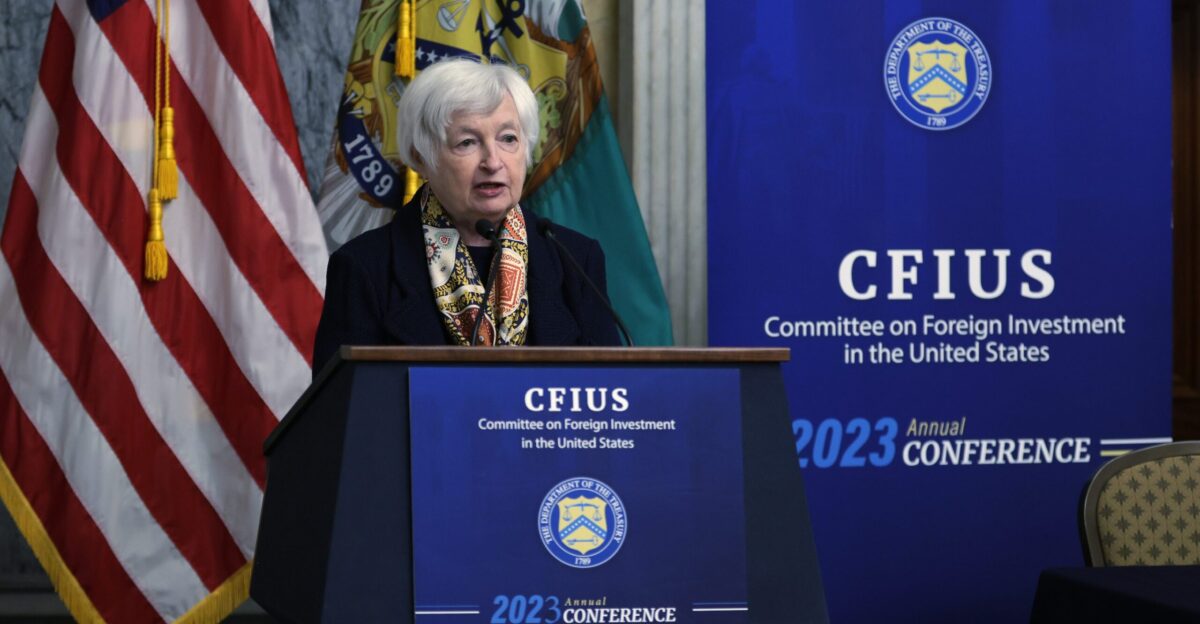
Rollins will join the Committee on Foreign Investment in the United States (CFIUS), which reviews foreign investments for national security threats.
CFIUS has the authority to recommend blocking or reversing transactions deemed harmful to U.S. interests.
State and Federal Legal Landscape

Currently, 26 states restrict or ban foreign entities from owning private farmland, though only about 3.4% of U.S. farmland is foreign-owned, with Canada holding the largest share.
Legal challenges to these laws continue, as policymakers debate the balance between national security and economic openness.
